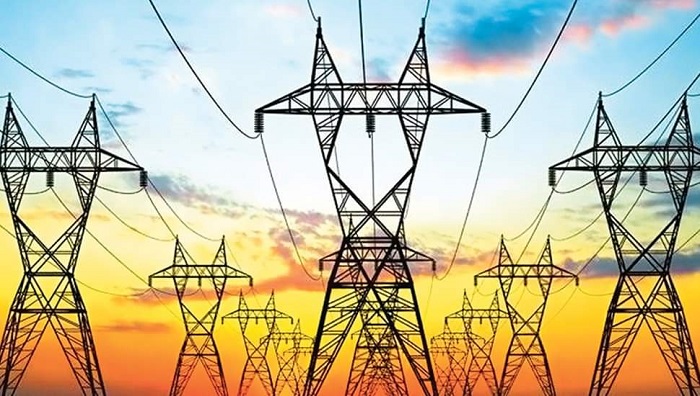
The Sectoral Oversight Committee on Alleviating the Impact of the Economic Crisis says existing electricity prices can be reduced by about 33%.
The Parliamentary committee further said that the price of electricity should be reduced by at least 20% in the year 2024 so that the Ceylon Electricity Board (CEB) will not suffer any loss.
According to a Parliament statement, the Sectoral Oversight Committee issued the recommendations to the Public Utilities Commission of Sri Lanka (PUCSL), following an analytical review of the figures presented by the CEB, PUCSL, etc. and taking into consideration all other factors affecting the price of electricity, including considering the opinion given by experts.
Accordingly, the officials of the Public Utilities Commission informed the Committee that by the end of this month, they can submit the necessary recommendations to reduce the electricity bill.
This matter was discussed when the Sectoral Oversight Committee on Alleviating the Impact of the Economic Crisis met in Parliament recently (Feb 22) under the chairmanship of MP Gamini Waleboda.
Ministry of Industry, Ministry of Finance, Central Bank of Sri Lanka, Public Utilities Commission, Industry Development Board, Enterprise Development Authority, Department of Population and Statistics, Department of Inland Revenue and officials of the government institutions, including Micro, Small and Medium Scale Industries Board and a group of industrialists had also been called before the Committee.
The Committee gave several directives to the relevant institutions and officials to identify the micro, small and medium-scale industries that are directly affected by the economic crisis and to activate the local economy and increase the foreign exchange earnings by reviving the industry sector.
Accordingly, the Committee pointed out that due to the increase in electricity bills, the number of electricity connection cuts reported across the island has exceeded one million. It was also emphasized that to alleviate the pressure on the industry and society, it should be arranged to provide electricity connections again by charging only 50% of the outstanding charges at the initial stage with the concessional basis of payment of outstanding electricity charges on installment basis.
Moreover, the Committee was of the view to allow the customer to pay the connection fee in installments to avoid discouraging new entrepreneurs from starting micro, small and financial industries due to high charges for getting fixed electricity connection and instructed to review the new connection fee and work to reduce it as much as possible.
Furthermore, the Committee Chair instructed the Public Utilities Commission to conduct an audit on the electricity consumption in the public sector as an approach to ensure energy security.
The Committee recommended to the Ministry of Finance and the Central Bank to start a loan scheme at subsidized interest for the purchase of solar panel systems to promote solar energy as a source of energy supply to industries. Furthermore, the Ministry of Finance expressed its agreement to provide refinancing facilities subject to a maximum as per the proposal made by the Committee to implement a loan scheme targeting micro, small and medium-scale industrialists under subsidized interest rates.
To ensure the supply of raw materials required for the smooth running of micro, small and medium-scale industries, the Committee also recommended identifying the raw materials that must be imported from abroad and imposing tax concessions on such raw materials. Furthermore, it was instructed that Copper, lead, aluminium and other industrial scraps used as raw materials in various domestic industries currently being sold by the Electricity Board to external buyers and other entities, also be issued to micro, small and medium-scale industrialists recommended by the Ministry of Industry and the Industrial Development Board.
It was observed at the Committee meeting discussion that the definition used by the Department of Population and Statistics for micro, small and medium industries and the definition used by other institutions such as the Industrial Development Board and the Central Bank for those industries are different from each other, which is an obstacle in making policy decisions. Accordingly, the Committee ordered the Department of Population and Statistics to immediately provide its support to the policymakers by releasing statistical data based on a common definition.
The Committee also recommended that the Credit Information Bureau should take prompt action to remove their credit information from the blacklists to facilitate access to credit facilities for micro, small and medium-scale industries facing financial crises to activate their balance sheets and to review all existing laws and procedures for registration of micro, small and medium scale industries as well as to obtain licenses and introduce a simple system.
Accordingly, the Committee informed all the parties to establish a steering Committee headed by the Ministry of Industry to implement the recommendations given by the Committee and to report its progress within a week. (NewsWire)